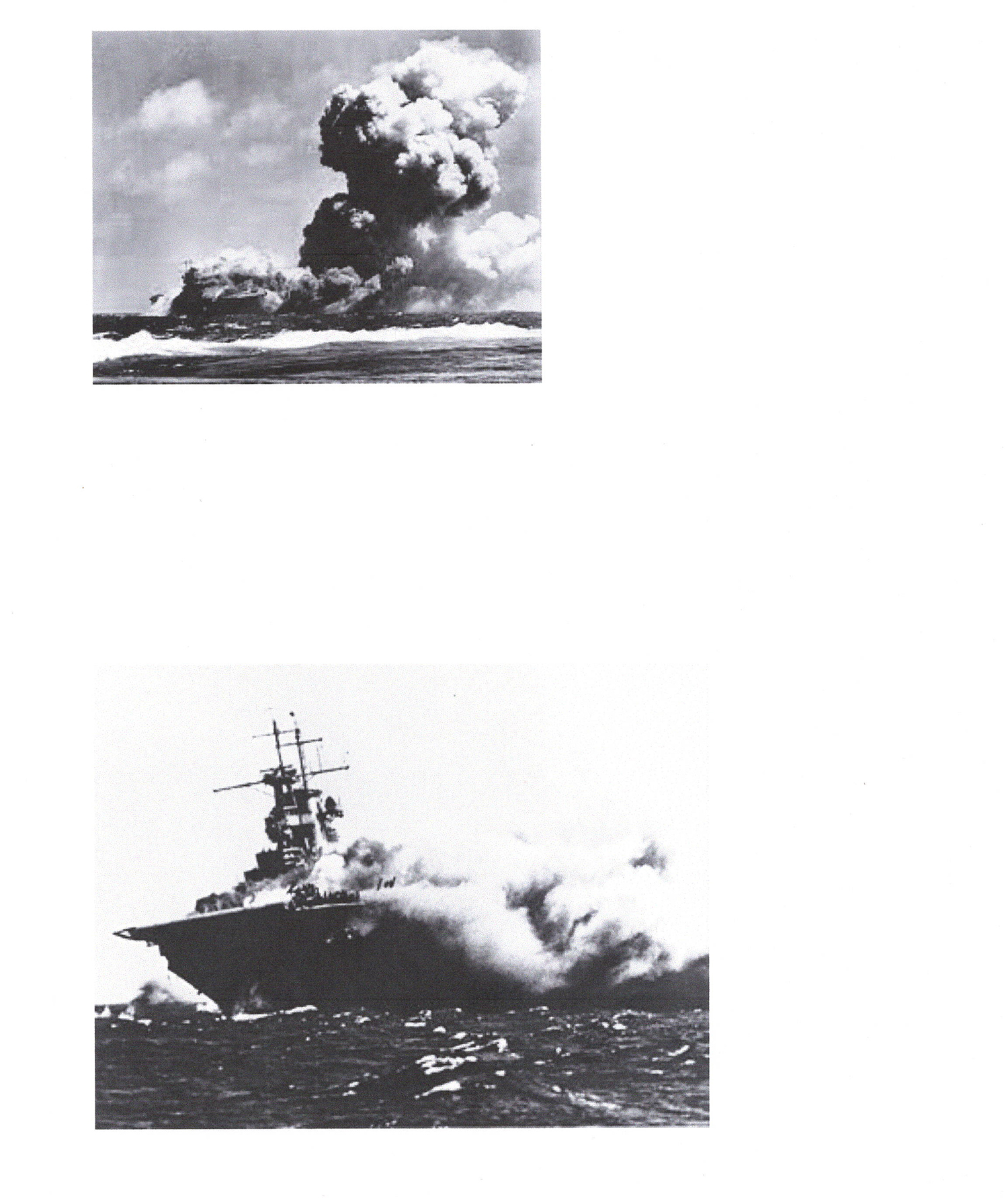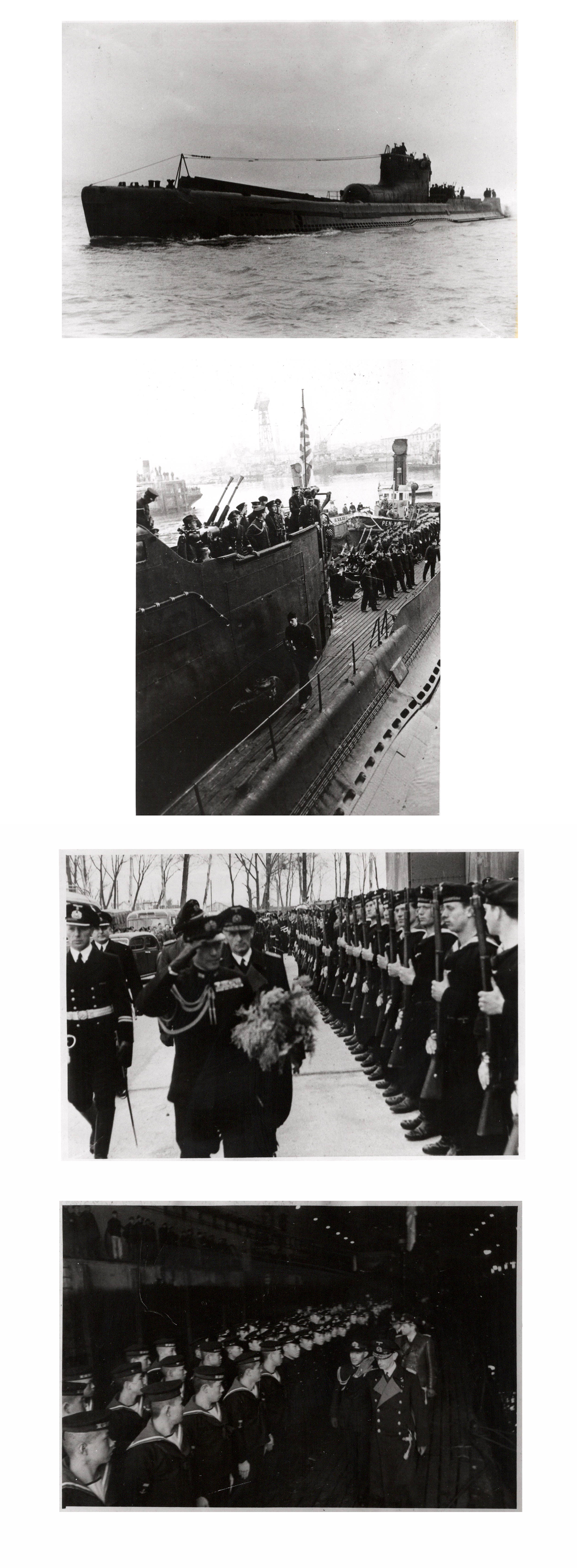Captain Kinashi
I am now relieved to have finished writing the story of Captain Kinashi. I would like to share why I became interested in him and eventually wrote a book about him.
Captain Kinashi was an average student when he entered the Naval Academy, but by the time he graduated, he was at the bottom of his class. After graduation, he served on various battleships, destroyers, and other vessels, facing war along the way. Over time, he began to aspire to become a captain. Likely encouraged by his peers and captains during his service, he received a favorable performance report from his captain. Fortunately, after being granted permission to take the exam, he studied intensely and graduated at the top of his class. The top graduate is awarded a silver watch, and this recognition led him to a prominent role as a submarine captain.
In his early missions, he was tasked with destroying enemy ships in the South Pacific. During one such operation, a group of American forces appeared, approaching Captain Kinashi’s direction from afar. Captain Kinashi successfully launched three torpedoes at the U.S. aircraft carrier Wasp (which housed over 30 aircraft), sinking it. He also sank the destroyer O’Brien and inflicted severe damage on the battleship North Carolina. These significant achievements earned him a reputation for being "lucky," but I have a different opinion. Luck, good or bad, always plays a role, but Captain Kinashi fought desperately and achieved great success.
Upon returning to Japan, his efforts and achievements were recognized, and he was ordered to travel to Germany. This mission to Germany was said to have been on Hitler’s orders, and of the five missions attempted, only one succeeded. Captain Kinashi’s submarine, the I-Gō, successfully completed the journey to Germany but was sunk by an American submarine off the coast of Taiwan on the return voyage. As the ship sank while speeding towards Japan, three crew members were thrown into the sea, and only one managed to swim to a small island off Taiwan and survive.
I came to learn about these facts because I currently deal in Japanese swords. I had likely purchased a beautiful original film from an American, and after submitting an article to the Asahi Shimbun, I was met with significant public response. Many families worried that their own sons might have been lost aboard naval ships, so they frequently contacted me. I assume that the clear photographs were taken by a member of the press, later falling into American hands and eventually being passed to me through sword dealers. The sole survivor of the submarine crew eventually lived in Hiroshima Prefecture. I obtained his phone number from the newspaper and contacted him, but he declined to meet, saying, “I don’t want to live in shame, and I am soon to die from illness.”
I believe I was the last person to communicate with this submarine crew member. Ever since, I had been searching for someone to write this book, but after more than 20 years without success, I resolved to write it myself. Though my writing is clumsy, I worked hard to tell Captain Kinashi’s story in a novelistic style so that everyone could learn about him. His actions inspire us to realize that with courage, anything is possible.
Today, battles are happening all over the world. The world has become smaller, and many people can easily travel the globe. We can only hope that a peaceful and joyful world will be built. We must be cautious not to be drawn into war inadvertently. It’s essential to engage in dialogue and understand each other.
I cannot help but be surprised that despite being at the bottom of his class, Captain Kinashi was allowed to take the captain’s exam, top his class, and go on to lead the I-Gō submarine and achieve brilliant results in the South Pacific. The Japanese Navy was strict, but even those who graduated last were given a chance to take the captain’s exam—a possibility that would likely have been unthinkable in the Army.
I believe that by persevering toward your own goals, you can succeed. You can do it! Let’s live our lives with courage, knowing that we are capable of achieving anything. Though the past may be fading, I want everyone to know of Captain Kinashi’s relentless efforts and take pride in his achievements.
Book Purchase Information:
Shinjuku Main Store, Kinokuniya
Phone: 03-3354-0131
Books can be shipped directly from the store or from any Kinokuniya store nationwide to your home. Use KINNO navigation to search for stores that can deliver to your home.
The book is also available on Amazon.
Any profits will be donated to the Boy Scouts.
From time to time, a husband and wife visit us. They are a truly close-knit family, often bringing their children with them. The husband never gets angry, and the wife loves him dearly. For some reason, we get along well, and I have enjoyed a good relationship with them. I am now 84 years old, and I hope that the husband will continue to respect the elderly and cherish his wife and children.
Please cherish your grandparents. Value your spouse and your family.
Autumn is here, and it would be nice for the two of you to go out together. Enjoy a relaxing time—perhaps by traveling or savoring a delicious meal of sanma under the blue sky.
Teach your children to be kind, cheerful, and humble, and encourage them to connect with nature. While studies are important, being in touch with nature helps us encounter the greatest things in life. I hope that your children will live courageously and with effort, making the most of their limited time on Earth.
There will soon be an election. Please cast your own thoughtful vote for the future of Japan. Teach your children to be kind and cheerful, and show them the value of simplicity. Children are surprisingly resilient in the face of hardship. Let’s raise them with love and patience.

